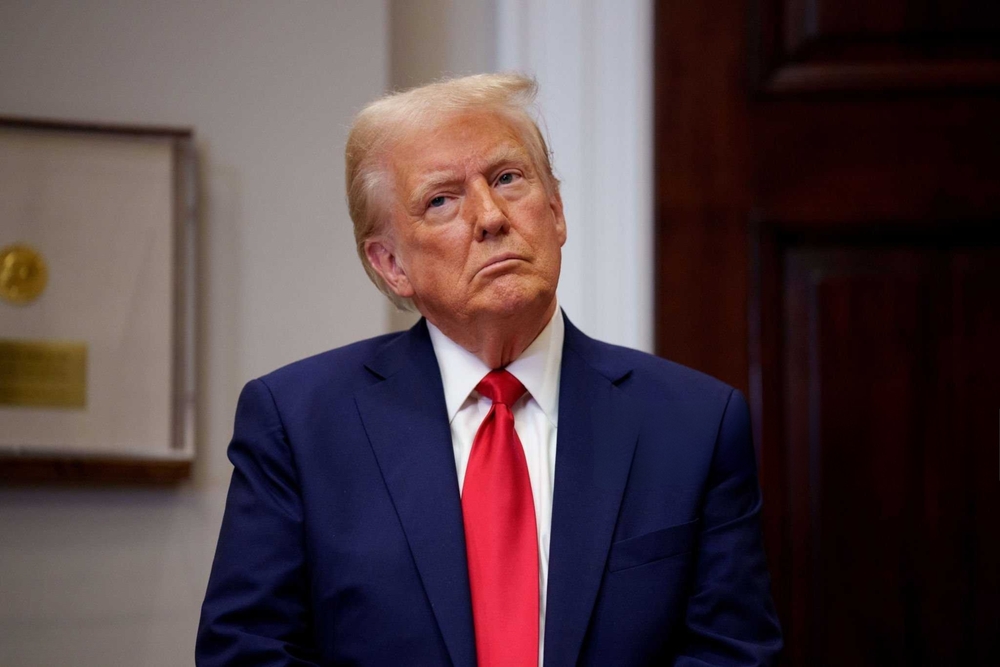
When Congress passed the $50 billion CHIPS and Science Act in 2022, it was one of the few bipartisan wins in recent memory. But the law now faces opposition from a powerful figure: Donald Trump.
During a speech before a joint session of Congress in March, the former president urged House Speaker Mike Johnson to kill the legislation.
“Your CHIPS Act is a horrible, horrible thing,” Trump said. “We give hundreds of billions of dollars and it doesn't mean a thing. They take our money and they don't spend it. You should get rid of the CHIPS Act and whatever is left over, Mr. Speaker, you should use it to reduce debt."
That message may already be hitting the semiconductor industry.
Shares of Wolfspeed (WOLF) plunged 51.9% on Friday after interim executive chairman Thomas Werner said the company was “managing our company to not be overly reliant” on CHIPS Act funding.
Wolfspeed had been allocated $750 million under the law to expand its factories in North Carolina and New York as part of a broader push to boost U.S. chip production.
Former CEO Gregg Lowe said the funding would “galvanize our ability to expand domestic manufacturing, accelerate innovation in next-generation semiconductor technology, and meet the increasing global demand for silicon carbide.”
Now, investors are questioning whether the money will ever arrive.
The stock is down 61.1% year to date.
Losing federal support would deepen the pain
Wolfspeed’s problems predate Trump’s opposition. The company ousted Lowe as CEO in November, laid off 20% of its workforce, closed one North Carolina plant, and scrapped plans to open another in Germany.
Its debt load has surged as it tried to scale, making federal support even more critical. Last year, activist investor Jana Partners urged the company to launch a “comprehensive review of strategic alternatives.”
This week, Wolfspeed named Robert Feurle as its new CEO.
Roughly $39 billion of CHIPS Act funds have been earmarked for U.S. manufacturing expansion as part of a broader $50 billion federal investment aimed at reducing America’s reliance on Asian chip production.
Despite its bipartisan origins, the law was passed under the Biden administration — and heavily backed by the president. Trump has made it clear that reversing Biden-era policy is a priority.
“The relationship between Wolfspeed, silicon carbide and the White House is critical,” Werner said. “It's likely the new administration will evolve the CHIPS Act.”
But for Wolfspeed, timing may be the issue.
As CFRA Research senior analyst Brooks Idlet told Reuters, the company's $750 million grant was the largest not officially awarded before Biden left office — leaving it especially vulnerable under a potential Trump administration.
If the funding falls through, Idlet warned, the company could “face devastating consequences requiring major restructuring to preserve cash.”
Your email address will not be published. Required fields are markedmarked